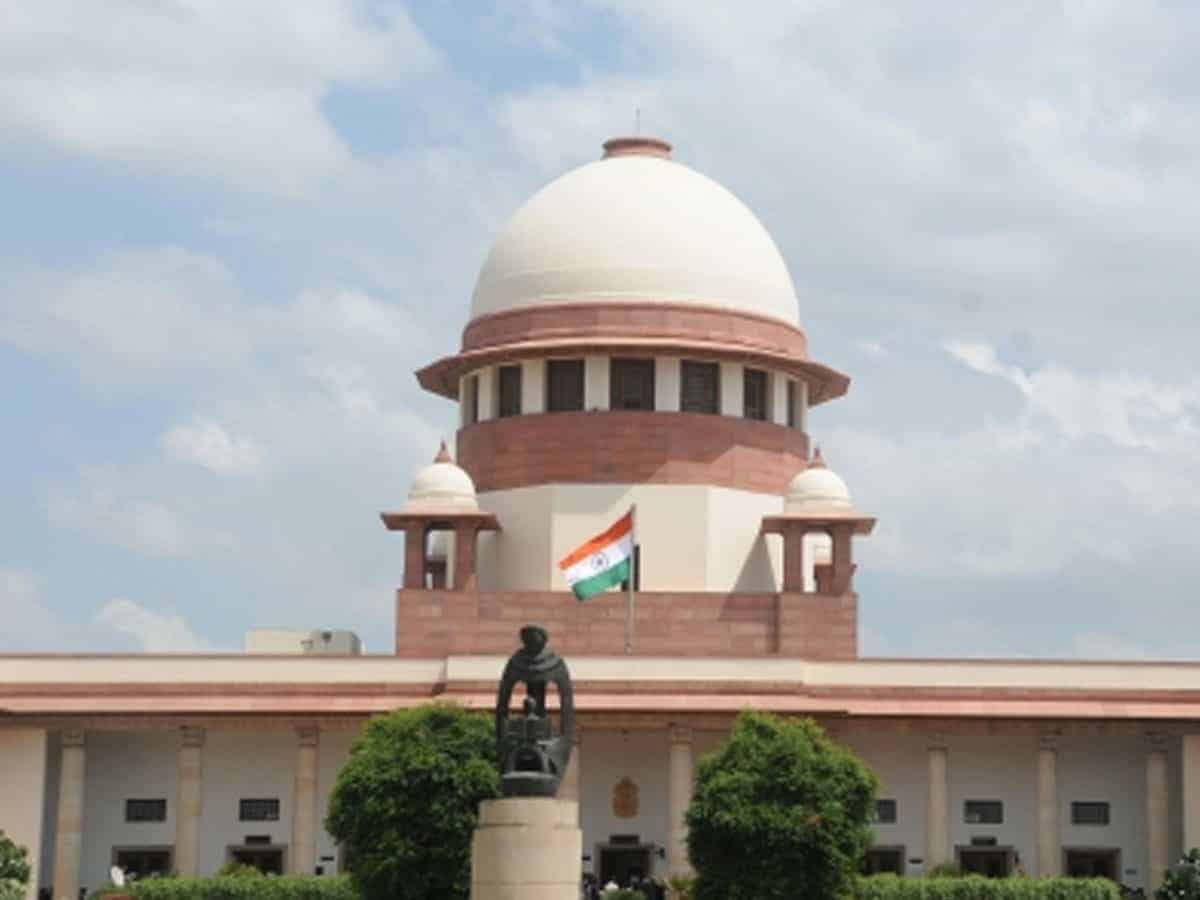
New Delhi: The Supreme Court has said that for striking down the provisions of law or for declaring any rule as ultra vires, specific pleading to challenge the rules and asking for such relief ought to be made before the Court.
A bench of Justices J.K. Maheshwari and K.V. Vishwanathan set aside an order passed by the Orissa High Court declaring Rule 4(b) of the Scientific and Technical Group “A” (Gazetted) posts in the Ministry of Information Technology (in-situ Promotion under Flexible Complementing Scheme) Rules 1998 as unconstitutional.
The bench said that in the absence of any challenge to the Rules in pleadings before the High Court, the Union of India did not have an opportunity to rebut the same or had any opportunity to bring on record the object behind the Rules that were brought into force.
In its order passed in September 2008, the High Court declared Rule 4(b) as unconstitutional while considering a writ petition against the order of the CAT in a promotion-related dispute.
“The writ petition merely sought a writ in the nature of certiorari to set aside the order of the CAT. Therefore in the given facts, there was no occasion for the High Court to declare Rule 4(b) as ultra vires,” ruled the Supreme Court, after noting that in the petition filed before the High Court, vires of Rule 4(b) was not under challenge and also no such prayer was made.
The top court clarified that it has not expressed any view regarding the validity of the Rules on merits and therefore, its judgment “will not come in the way of any court dealing with the issue of the vires of the Rules in any pending proceeding or in any proceeding that may be initiated afresh.”

